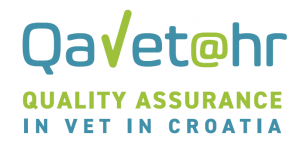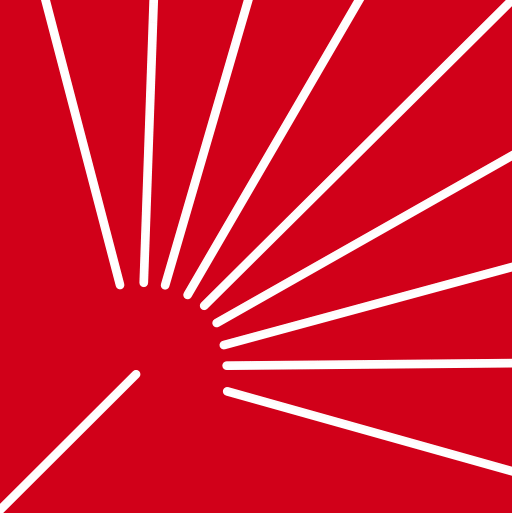EQAVET: National Reference Points
The Agency has contracted a new ESF+ project Further Implementation of the Vocational Education Curriculum Reform
6. March 2024.
The successful presentation of the new system for evaluating non-formal and informal learning in the Republic of Croatia
6. March 2024.

The Agency for Vocational Education and Training and Adult Education is the holder of the Erasmus+ project EQAVET National Reference Points (EQAVET NRP) for quality assurance in vocational education, which supports the work of the Agency as the national reference point for EQAVET in Croatia, in accordance with the functions and responsibilities defined in the EU Council Recommendation (2020). The project runs from September 1, 2023, to August 31, 2026, and the total project value is EUR 352,191.00, 85% of which is funded by the Erasmus+ program.
The project focuses on the priorities set by the EQAVET Strategic Plan for 2022-2023 and the Council Recommendation on Monitoring Persons with Qualifications (2017), specifically on strengthening cooperation among national reference points, further developing the national framework for quality assurance in vocational education and training with an emphasis on monitoring persons with qualifications, and deepening quality assurance in VET through collaboration with key participants.
Strengthening cooperation for the purpose of knowledge exchange, joint learning, and innovation transfer is organized through study visits to reference points of other EU member states and two cooperative learning activities in Croatia on the use of ICT tools in quality assurance and internal quality assurance systems.
Additionally, cooperation continues on improving the European peer reviews with reference points from Finland, Slovenia, and Estonia. The project envisages modernization of the existing procedure and tools for peer review by verifying the sustainability of quality areas and associated criteria, with the aim of actively promoting peer review as external evaluation on a voluntary basis, which significantly contributes to quality assurance in schools.
Building on the previous cycle, the Agency expanded the activity of national peer reviews. In the current cycle, participation is planned for six schools divided into two clusters. The schools in each cluster will organize peer reviews within their group, evaluating each other. Based on previous experiences and feedback from the six new schools, a course and a manual for preparing peer reviewers/critical friends will be developed.
Further development of the national model for monitoring students after graduation is one of the most important activities of the project, carried out in cooperation with vocational schools. Monitoring is conducted to obtain information on the careers of individuals who have completed vocational education and training programs and to gather feedback on the content and performance of the educational process, which is of great importance both to the system and the schools. A new tracking cycle will be conducted in 2024/2025 in 30 vocational schools for the generation that completed their education in 2024.
As part of the national quality assurance method, the Agency will develop a peer observation manual within the project. The manual will be created based on input from experts and participants of the workshops conducted by the Agency. The creation of all manuals will help to better disseminate project results among vocational education providers and enable the easier use of developed tools and methodologies for quality assurance.
The development of a quality culture is being indirectly fostered through all project activities, while a direct approach to promoting a culture of quality will be implemented through workshops for principals and self-evaluation coordinators in four regions. These workshops will provide schools with practical examples and enable active participation in creating practical internal quality assurance examples.
As part of the project, the Agency continues to organize conferences for representatives of secondary vocational schools on quality assurance. A total of three conferences will be organized, one each year. The conferences are organized to promote a culture of quality and to strengthen the capacity of vocational schools in the process of self-evaluation and external evaluation.
The project also continues to inform a wide network of participants in vocational education about the process of establishing national quality indicators and further strengthening the capacity of vocational schools in the process of quality assurance through self-evaluation and complementary tools. More details on project activities, results, and relevant publications on quality assurance can be found on the project’s website: https://qavet.hr.


SHARE